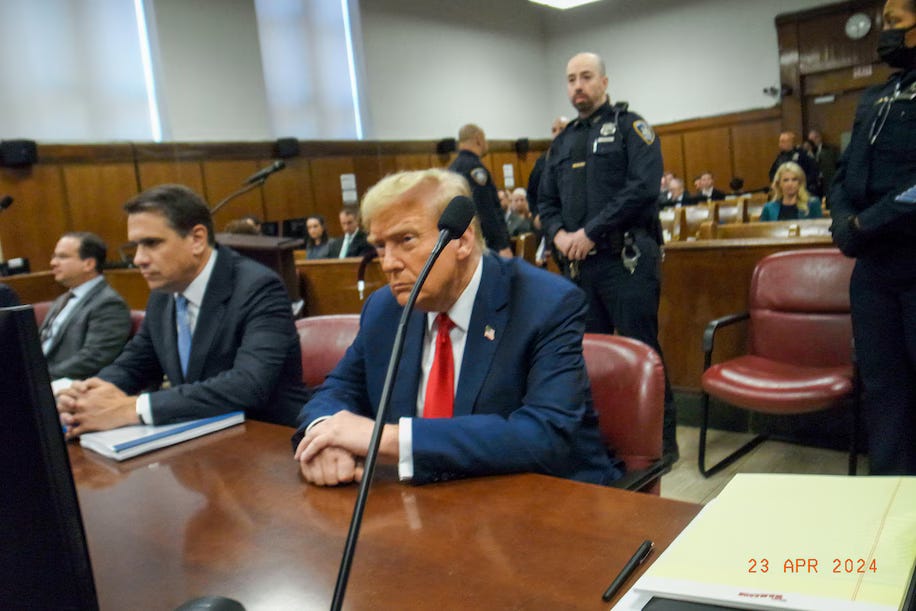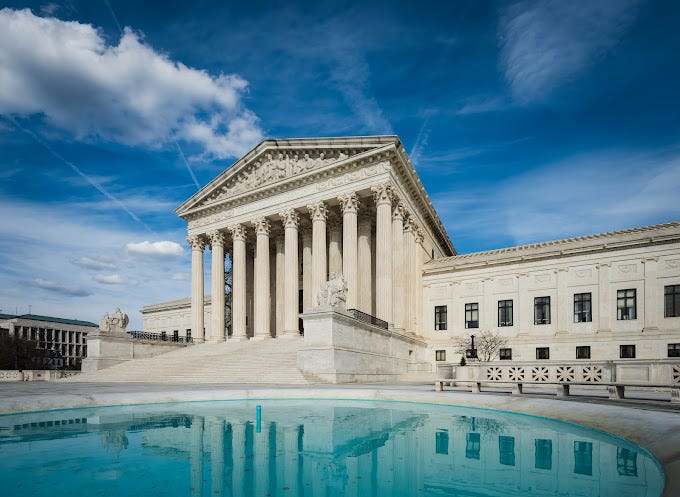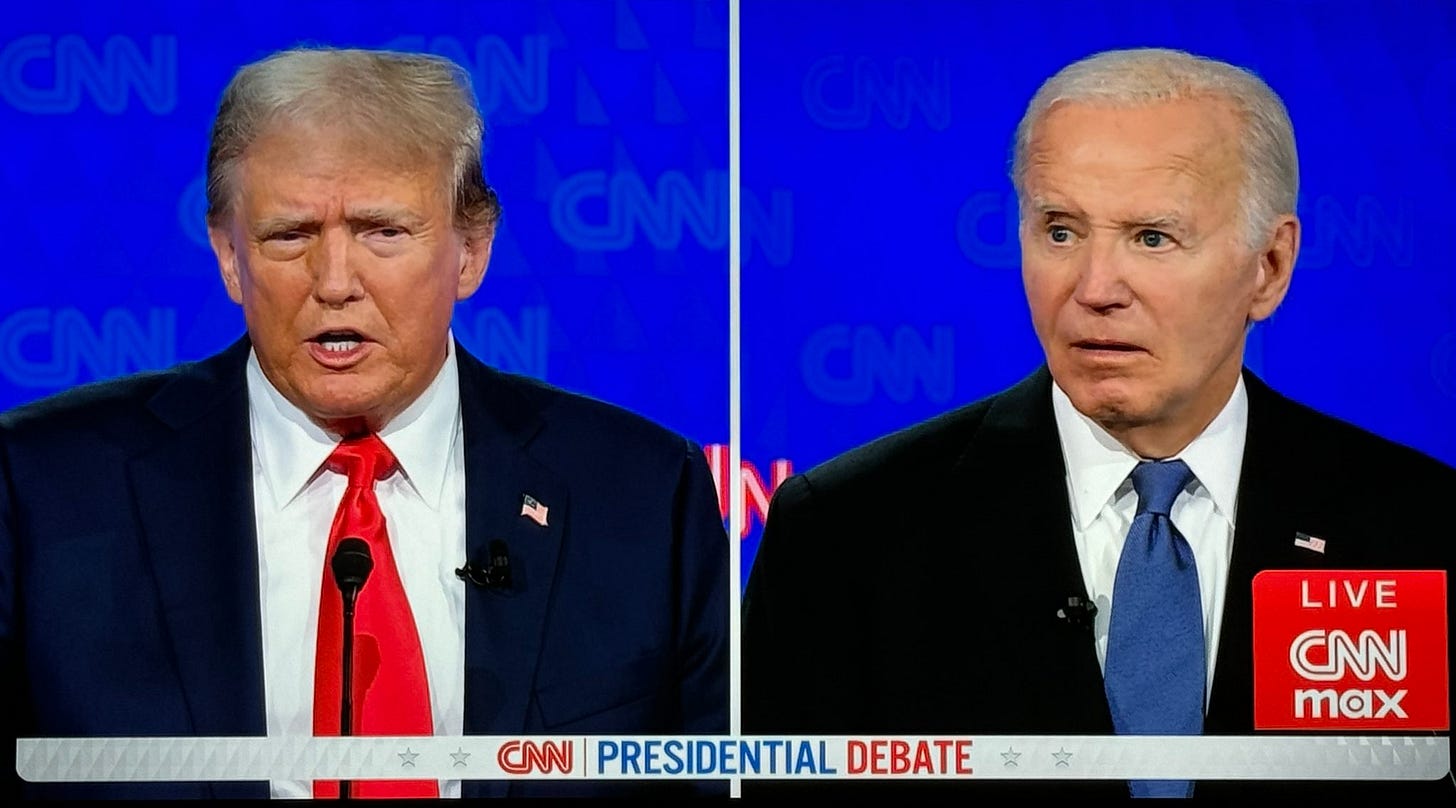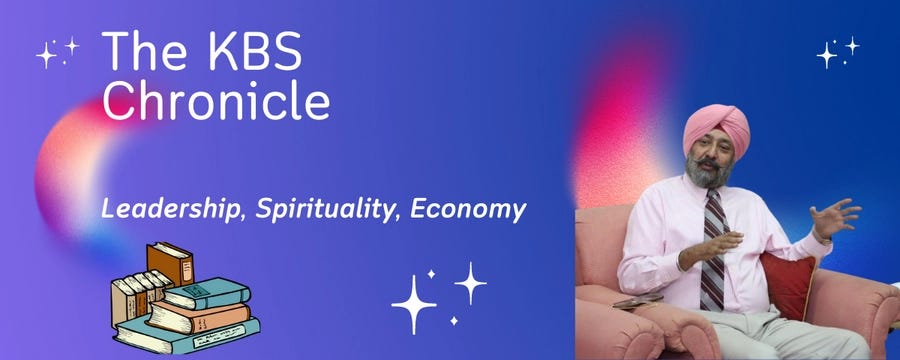US Supreme Court Verdict on Presidential Immunity Pushes Back Trump’s Sentencing to September
Donald Trump has already been found guilty on all 34 counts in the NY hush-money case, with sentencing initially scheduled for July 11th. However, the Supreme Court judgment complicates the process.
Trump’s Sentencing Postponed Until September
The US Supreme Court's July 1st ruling on presidential immunity, emanating from Donald Trump's trial in the federal election interference case, has immediate implications for the New York hush money case, which initially appeared unrelated. Trump, already found guilty on all 34 counts by a jury, was scheduled to be sentenced on July 11. However, due to the Supreme Court's ruling that evidence regarding a president's "official functions" should not be admitted, the lower court's conviction is now in question. Consequently, Trump's sentencing has been postponed to September 18, giving his defense team time to seek to overturn the trial verdict.
Impact of the Supreme Court Ruling
1. Delayed Sentencing in the Hush Money Case
Donald Trump’s sentencing in his New York hush money case has been pushed back to September as his lawyers argue that his conviction should be vacated following the Supreme Court ruling on presidential immunity. This ruling declared that presidents are immune from prosecution for official acts, impacting substantially on the evidence used in Trump's case.
2. Legal Filings and Court Proceedings
New York Supreme Court Justice Juan Merchan granted requests to delay the sentencing to allow time for legal filings. The new sentencing date is set for September 18, with the Judge scheduled to rule on related motions on September 6. This delay is the first of many anticipated effects of the Supreme Court’s far-reaching decision, which at frist appeared unrelated to this case.
3. Challenges to the Conviction
The Supreme Court's decision may affect Trump’s New York conviction as his legal team aims to challenge the trial evidence. The conviction was based partly on evidence of meetings and communications during his presidency, which the Supreme Court ruled cannot be used to prove private criminal activity if it relates to official duties.
4. Broader Implications and Reactions
The Manhattan District Attorney's office acknowledged the need to delay sentencing for the defense to present their case. Former prosecutor Gary Galperin suggested that while the Judge could move forward with sentencing, it makes sense to allow time for immunity-related arguments, ensuring the conviction is protected on appeal.

The Role of Evidence and Official Acts
1. Evidence and Testimony from Trump’s Presidency
The conviction for falsifying business records involved evidence from Trump's time in office, including meetings and tweets used as incriminating evidence. Trump's defense argued that such evidence should be barred by the immunity doctrine, and this argument is now bolstered by the Supreme Court ruling.
2. Legal Strategies and Next Steps
Trump's attorneys have until July 10 to submit their arguments, with prosecutors responding two weeks later. The defense aims to use the Supreme Court ruling to challenge and impugn the jury's findings, arguing that the evidence related to official acts should not have been considered.
3. Potential Outcomes and Appeals
If Justice Merchan denies the defense’s motions, sentencing may proceed in September. However, the defense could seek a stay of sentencing from the appellate court, potentially leading to further delays. The case highlights the complex legal landscape surrounding presidential immunity and its application to ongoing legal matters.
In Summary
The Supreme Court's ruling on presidential immunity has significant implications for the prosecution of former presidents and the interpretation of official versus unofficial acts. As the case returns to the lower court, the nation awaits further developments and their potential impact on the upcoming presidential election. More importantly, Trump’s sentencing in the New York hush money case has been postponed till September, with the defense team poised to challenge the conviction based on the recent Supreme Court decision.
Election Trail
While this legal battle unfolds in the courts, the focus will shift to the campaign trail, where a reinvigorated Donald Trump appears to be gaining strength compared to the ageing Joe Biden. Biden’s poor performance in the one-on-one CNN debate with Trump has worried even his most ardent supporters. Be that as it may, US voters will ultimately decide the fate of these two contenders on polling day, November 5th.
If you believe this article would interest someone you know, please feel free to share it anonymously (for us), using any platform that you prefer.






